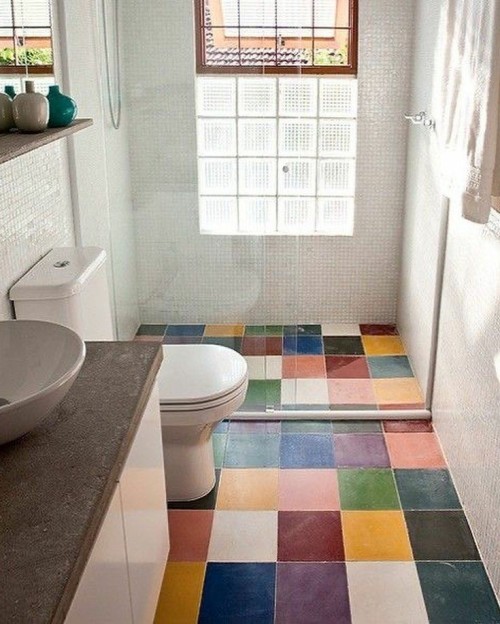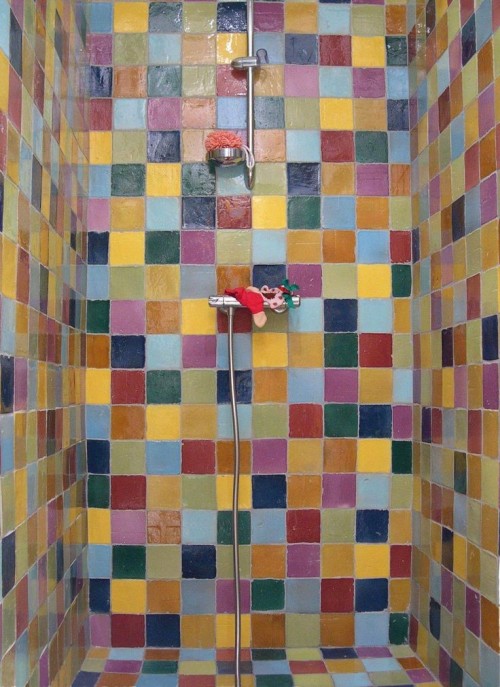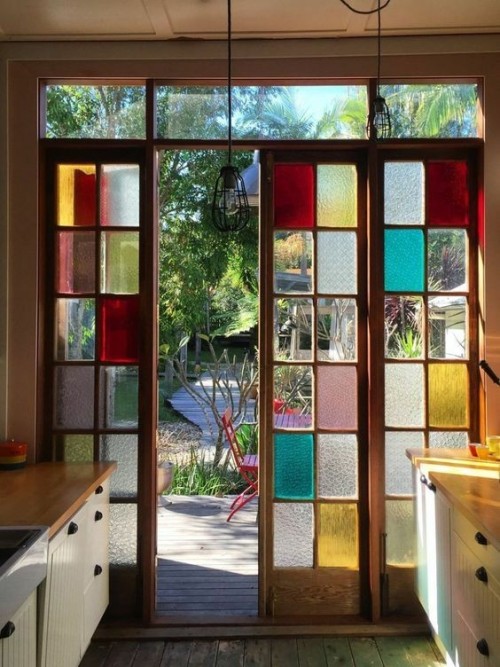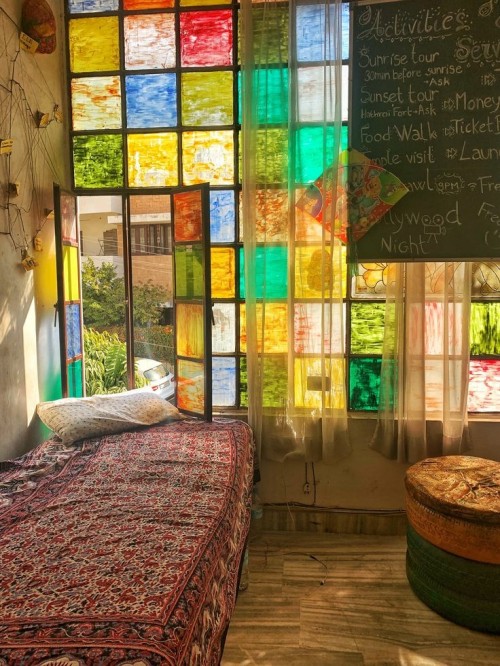Crystalw-725 - ✧crystal✧

More Posts from Crystalw-725 and Others
Filming people without their consent is a massive issue of not only privacy but ableism that's been going on for many years.
It started out with filming more visibly disabled people, like high support needs autistic people having meltdowns in public and (especially fat) disabled people literally just using mobility aids, but once that was deemed less acceptable it moved to other things. Filming people acting "weird" in public. Eating weird foods. Falling asleep in weird places. Wearing weird things. Stimming. You get the idea. It's no longer safe to be visibly weird in public and that's an issue for a lot of disabled people. I recently had to lay down on the floor of a department store because I had an ME crash while out shopping. Not only did I have to worry about the normal things like people coming up to ask me if I'm ok, I also had to worry about some video of me at my lowest point, when I'm suffering immensely, being shared around as "haha look at this weird bitch on the floor". It's upsetting. It's scary.
And then there's fakeclaiming. A fun trend where people will film us in public to "prove" there's some kind of huge epidemic of people faking disability. Spoiler alert: there is not. Most of the time the people they film are real disabled people who don't fit into the expected mold for disability, usually service dog teams or people who use mobility aids who don't "look sick". And you would think this trend would be some kind of abled nonsense, but it's not. It's often other disabled people doing the fakeclaiming. Yes, there are some times when it's obvious a service dog isn't trained properly, but other than that, it's damn near impossible to tell if someone is faking a disability, and you're much more likely to target a disabled person than a faker. I'd love to say this trend was new, but it's been going on since the days of "the people of walmart" where many of the people posted were fat mobility aid users, always with the assumption that they used it because they were too fat or lazy to move on their own. In fact, the image of a fat person in a mobility cart has become almost synonymous with "lazy". It's one of the things that drove me to get my own expensive power wheelchair, to avoid the judgmental stares in the grocery store when I was just trying to exist, to avoid the fear of public shame. Even now when I stand up from my chair to walk to the bathroom stall or reach something on a high shelf, I watch the corners of my vision for that telltale phone in the air. I feel like I'm never safe from the judgemental eye of the internet, even when I'm logged off, and I'm sure I'm not the only person who feels that way.
Tik Tok, YouTube, Instagram, these places are all great for disabled people, especially those of us without access to the outside world. But it's also become a source of great anxiety for anyone who's uncontrollably "weird", mostly disabled people. Leave us alone, I'm begging you, we just want to go to the fucking grocery store in peace and safety.
Tl;dr
Stop filming people for "acting weird" or "faking a disability" in public. It's ableist, it's invasive, it's creepy, and it's humiliating. People don't exist in public for your amusement and especially not disabled people. You don't know who is disabled and who isn't no matter how many disabled people you've known or how sure you are that the person is faking.
If you’re not keeping up, Cartoon Network sold off most of its original programming over the last few years to run exclusively on HBO Max, but after a merger with Discovery, HBO has taken them all down, including those that were still in production, for what is long story short a big tax write-off. And it’s not a simple matter of them just airing or streaming somewhere else now. It’s a very complicated issue of rights and contracts and money but essentially these shows may never, ever be available again outside piracy and their creators may never get money again. Some completed episodes may also be lost media. For a couple of series, such as Mao Mao and Infinity Train, Cartoon Network has gone back and scrubbed all tweets, youtube clips or other mention of the series existence, confirming they likely no longer have the rights to take them anywhere else. The tweet today by the creator of Tig N’ Seek made me saddest.


A lot of people this week have simply given up on their industry careers, seeing years of their life’s work just vanish into a corporate vault overnight. Being able to point to your work on a streaming service had apparently even become a pretty critical part of the portfolios they now rely on to get new jobs.
Streaming media went from an optimistic new frontier to even worse than cable TV so suddenly.
-
 galxywytch liked this · 1 month ago
galxywytch liked this · 1 month ago -
 inucaseclosedfan liked this · 1 month ago
inucaseclosedfan liked this · 1 month ago -
 unicarol12 reblogged this · 1 month ago
unicarol12 reblogged this · 1 month ago -
 unicarol12 liked this · 1 month ago
unicarol12 liked this · 1 month ago -
 meissalee liked this · 1 month ago
meissalee liked this · 1 month ago -
 ra-ra-randomness reblogged this · 1 month ago
ra-ra-randomness reblogged this · 1 month ago -
 rejnka-old liked this · 1 month ago
rejnka-old liked this · 1 month ago -
 chestersbraincell liked this · 1 month ago
chestersbraincell liked this · 1 month ago -
 verycherrybalm liked this · 1 month ago
verycherrybalm liked this · 1 month ago -
 suckerpunch2011 liked this · 1 month ago
suckerpunch2011 liked this · 1 month ago -
 lolitadollanganger reblogged this · 1 month ago
lolitadollanganger reblogged this · 1 month ago -
 born-sick reblogged this · 1 month ago
born-sick reblogged this · 1 month ago -
 plutospromise17 liked this · 1 month ago
plutospromise17 liked this · 1 month ago -
 ruadhan liked this · 1 month ago
ruadhan liked this · 1 month ago -
 aranol reblogged this · 1 month ago
aranol reblogged this · 1 month ago -
 otakutatopotato reblogged this · 1 month ago
otakutatopotato reblogged this · 1 month ago -
 otakutatopotato liked this · 1 month ago
otakutatopotato liked this · 1 month ago -
 helpimagirlboyfailure liked this · 1 month ago
helpimagirlboyfailure liked this · 1 month ago -
 crowsent reblogged this · 1 month ago
crowsent reblogged this · 1 month ago -
 hellhare liked this · 1 month ago
hellhare liked this · 1 month ago -
 creamhero reblogged this · 1 month ago
creamhero reblogged this · 1 month ago -
 psychopomphs reblogged this · 1 month ago
psychopomphs reblogged this · 1 month ago -
 psychopomphs liked this · 1 month ago
psychopomphs liked this · 1 month ago -
 wizardyke reblogged this · 1 month ago
wizardyke reblogged this · 1 month ago -
 chrysulis liked this · 1 month ago
chrysulis liked this · 1 month ago -
 timeeuclidean liked this · 1 month ago
timeeuclidean liked this · 1 month ago -
 erikaii liked this · 1 month ago
erikaii liked this · 1 month ago -
 bandearg liked this · 1 month ago
bandearg liked this · 1 month ago -
 disinfobot liked this · 1 month ago
disinfobot liked this · 1 month ago -
 ballanduy reblogged this · 1 month ago
ballanduy reblogged this · 1 month ago -
 vautour-coccinelle-serpent liked this · 1 month ago
vautour-coccinelle-serpent liked this · 1 month ago -
 haganez reblogged this · 1 month ago
haganez reblogged this · 1 month ago -
 angelsmelting reblogged this · 1 month ago
angelsmelting reblogged this · 1 month ago -
 spaceandthedigitalfrontier liked this · 1 month ago
spaceandthedigitalfrontier liked this · 1 month ago -
 the-haunted-office reblogged this · 1 month ago
the-haunted-office reblogged this · 1 month ago -
 shinohime reblogged this · 1 month ago
shinohime reblogged this · 1 month ago -
 nicolovespancakes liked this · 1 month ago
nicolovespancakes liked this · 1 month ago -
 somecallitbpd reblogged this · 1 month ago
somecallitbpd reblogged this · 1 month ago -
 shinohime liked this · 1 month ago
shinohime liked this · 1 month ago -
 templeofminerva liked this · 1 month ago
templeofminerva liked this · 1 month ago -
 mysweetdarlinglove reblogged this · 1 month ago
mysweetdarlinglove reblogged this · 1 month ago -
 shieda reblogged this · 1 month ago
shieda reblogged this · 1 month ago -
 raskolnikov reblogged this · 1 month ago
raskolnikov reblogged this · 1 month ago -
 sinomin reblogged this · 2 months ago
sinomin reblogged this · 2 months ago -
 somewhatoften liked this · 2 months ago
somewhatoften liked this · 2 months ago -
 harrowedangel reblogged this · 2 months ago
harrowedangel reblogged this · 2 months ago -
 fashionseal reblogged this · 2 months ago
fashionseal reblogged this · 2 months ago -
 lilacrainn liked this · 2 months ago
lilacrainn liked this · 2 months ago -
 ocd-core reblogged this · 2 months ago
ocd-core reblogged this · 2 months ago















